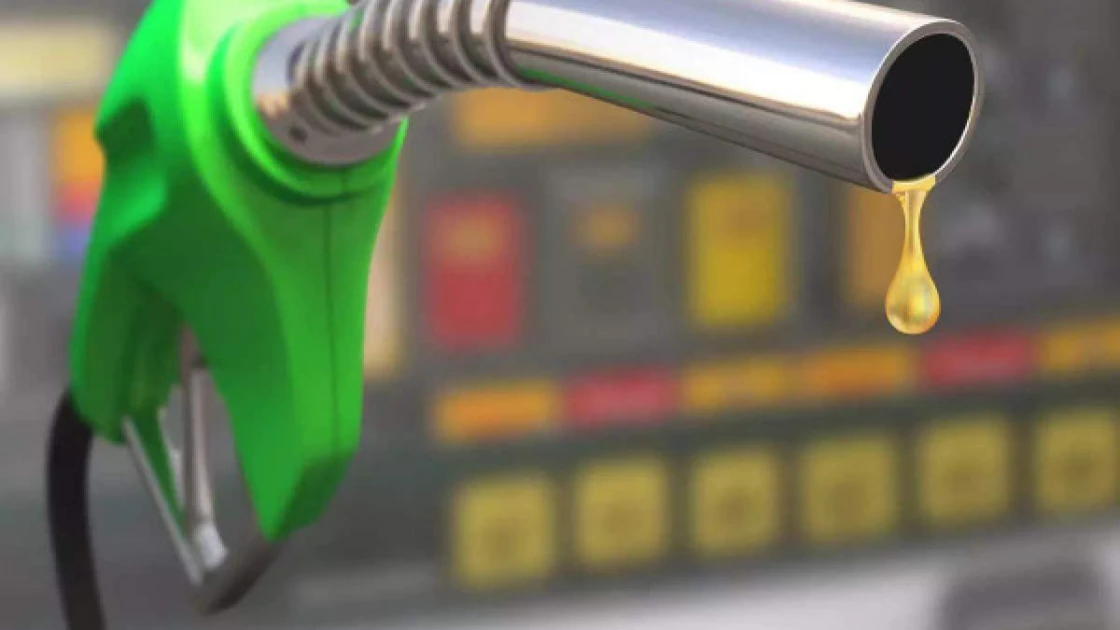
Relief for Kenyans as EPRA announces a further drop in petrol, diesel, and kerosene prices.

Kenyan consumers have reason to rejoice as the Energy Petroleum Regulatory Authority (EPRA) recently announced a significant reduction in the prices of super petrol, diesel, and kerosene. This move comes as a welcome relief amid the ongoing economic challenges faced by many households across the nation.
In its latest monthly price review, EPRA revealed that the prices for super petrol would decrease by Ksh.5.31 per litre, diesel by Ksh.10 per litre, and kerosene by Ksh.18.49 per litre. This substantial reduction is expected to have a positive impact on the daily lives of Kenyan citizens, particularly those who heavily rely on these essential fuels for transportation, cooking, and other basic needs.
Following the review, the new prices will come into effect, with a litre of petrol in Nairobi retailing at Ksh.193.15, diesel at Ksh.180.38, and kerosene at Ksh.170.06. EPRA emphasized that these revised prices are inclusive of the 16% Value Added Tax (VAT), as mandated by various legislative provisions, including the Finance Act 2023, the Tax Laws (Amendment) Act 2020, and the adjusted rates for excise duty as per Legal Notice No. 194 of 2020.
In a statement issued during a press briefing, EPRA underscored its commitment to ensuring fair and transparent pricing mechanisms in the petroleum sector. By conducting regular reviews and adjustments, EPRA aims to strike a balance between protecting consumers’ interests and maintaining a sustainable regulatory framework for petroleum products.
President Ruto, speaking at a church service in Nyeri, lauded the initiative, attributing the price drop to the prudent economic decisions made by his government. He emphasized the broader impact of these decisions, citing examples such as the reduction in maize flour prices from nearly Ksh.200 to close to Ksh.100 and the favorable shift in the exchange rate from Ksh.160 to around Ksh.120 against the dollar. President Ruto also highlighted the significant decrease in oil prices, underscoring the government’s efforts to alleviate the financial burdens faced by Kenyan households.
The announcement of lower fuel prices comes as a timely intervention, especially for low and middle-income earners who have been grappling with rising costs of living and inflationary pressures. With transportation being a significant component of household expenses, the reduction in fuel prices is expected to ease the financial strain on households, allowing them to allocate resources to other essential needs such as food, education, and healthcare.
Moreover, the downward trend in fuel prices is likely to have a ripple effect across various sectors of the economy. Industries reliant on transportation and energy inputs are poised to benefit from reduced operating costs, which could potentially lead to increased productivity and competitiveness in the market. Additionally, lower fuel prices may stimulate consumer spending, thereby stimulating economic growth and revitalizing businesses that have been adversely affected by the economic downturn.
In conclusion, EPRA’s announcement of a further drop in petrol, diesel, and kerosene prices signifies a step in the right direction towards alleviating the financial burdens faced by Kenyan consumers. This proactive measure, coupled with supportive government policies, is indicative of a concerted effort to foster economic stability and enhance the welfare of the populace. As the nation navigates through these challenging times, initiatives like these serve as beacons of hope, offering tangible relief to those in need.
Article By Suzy Nyongesa.
